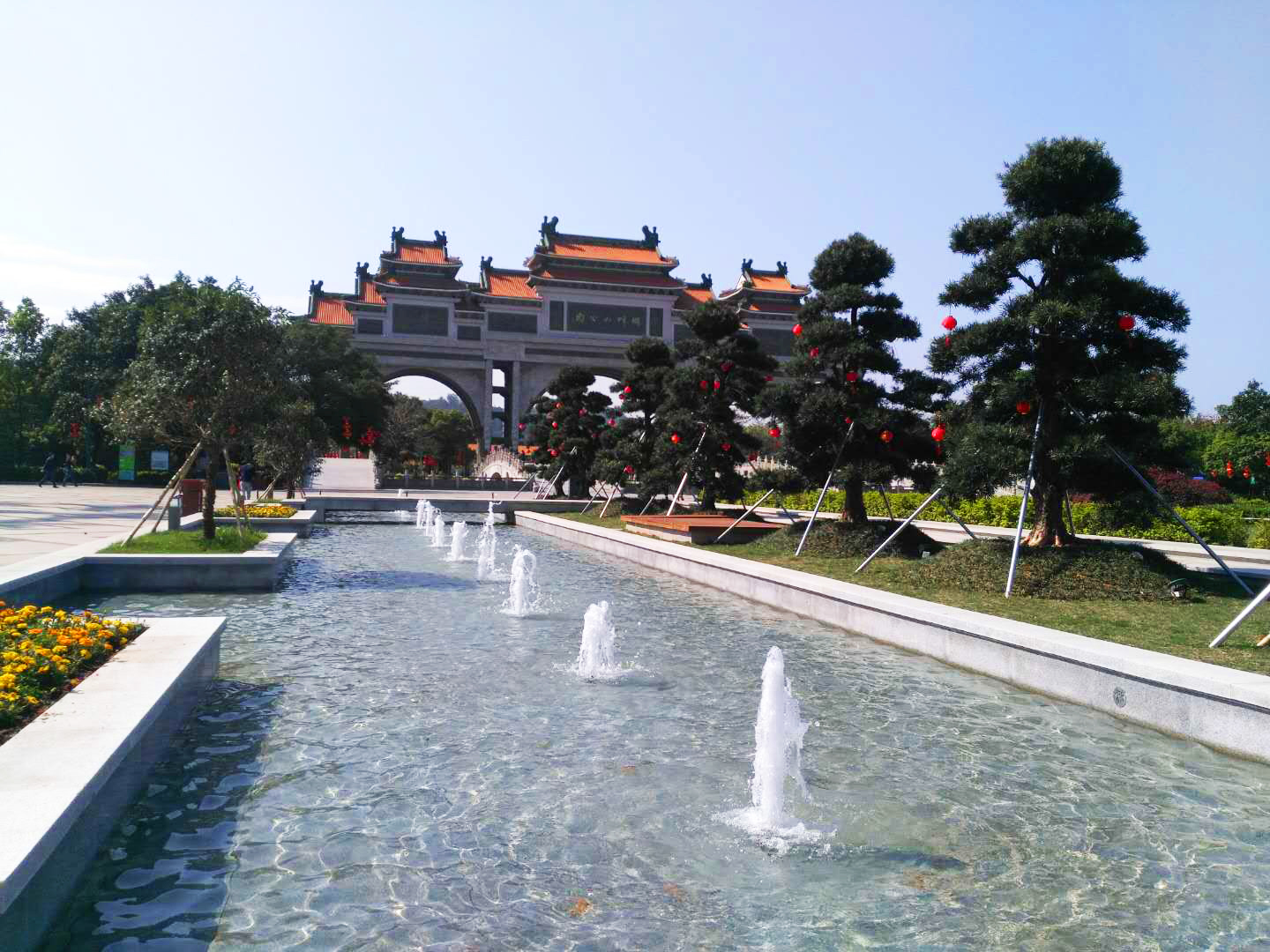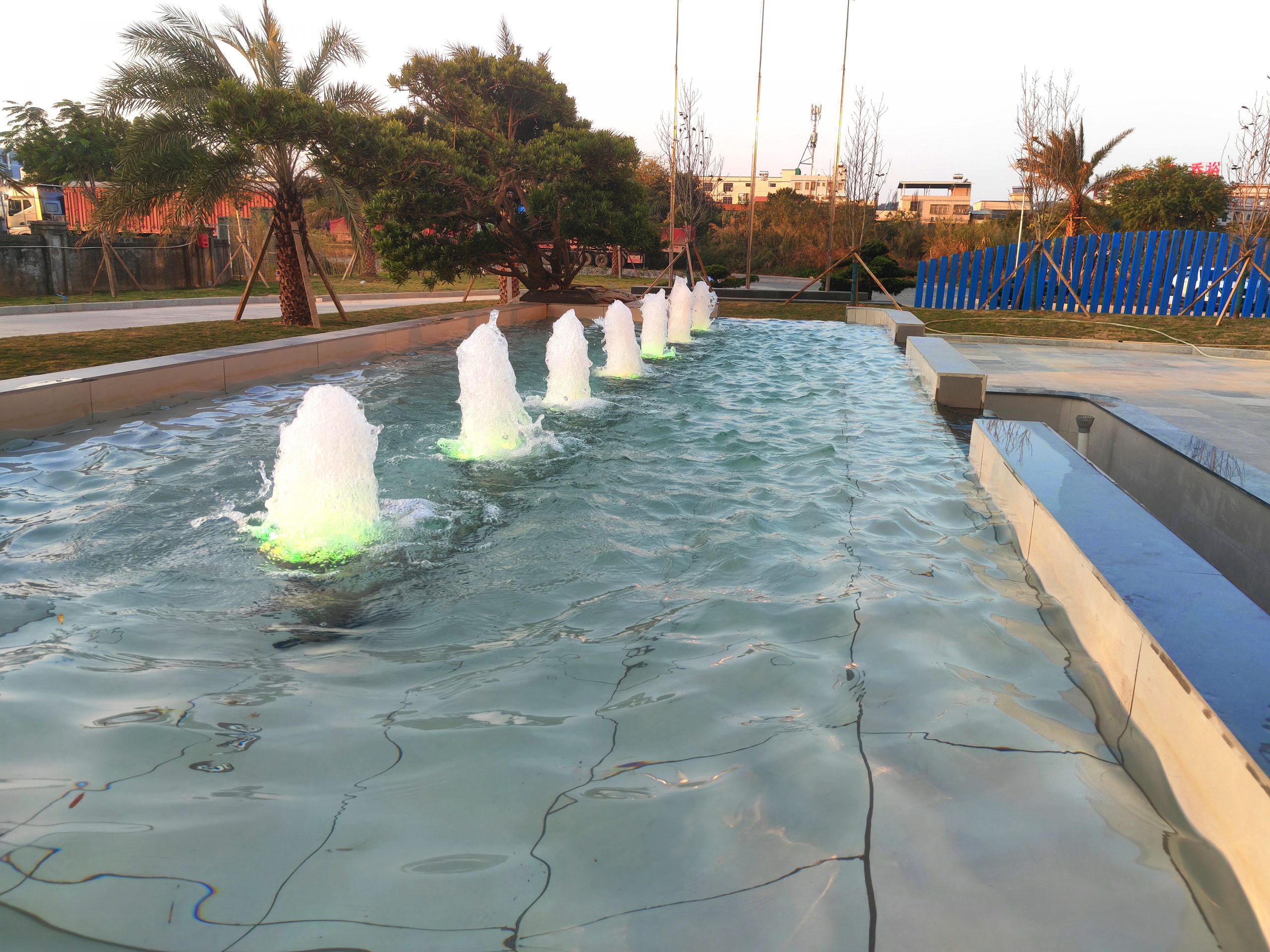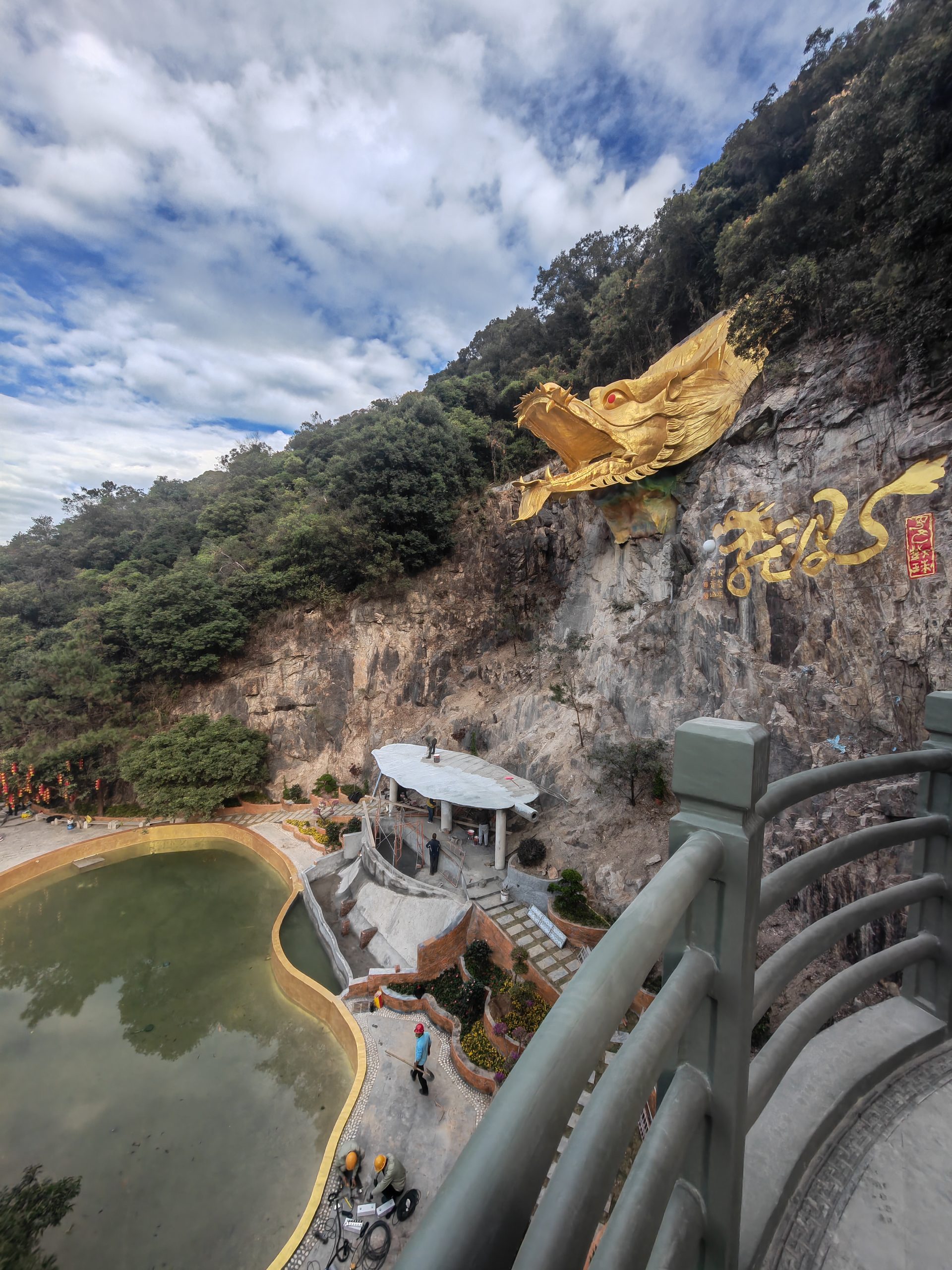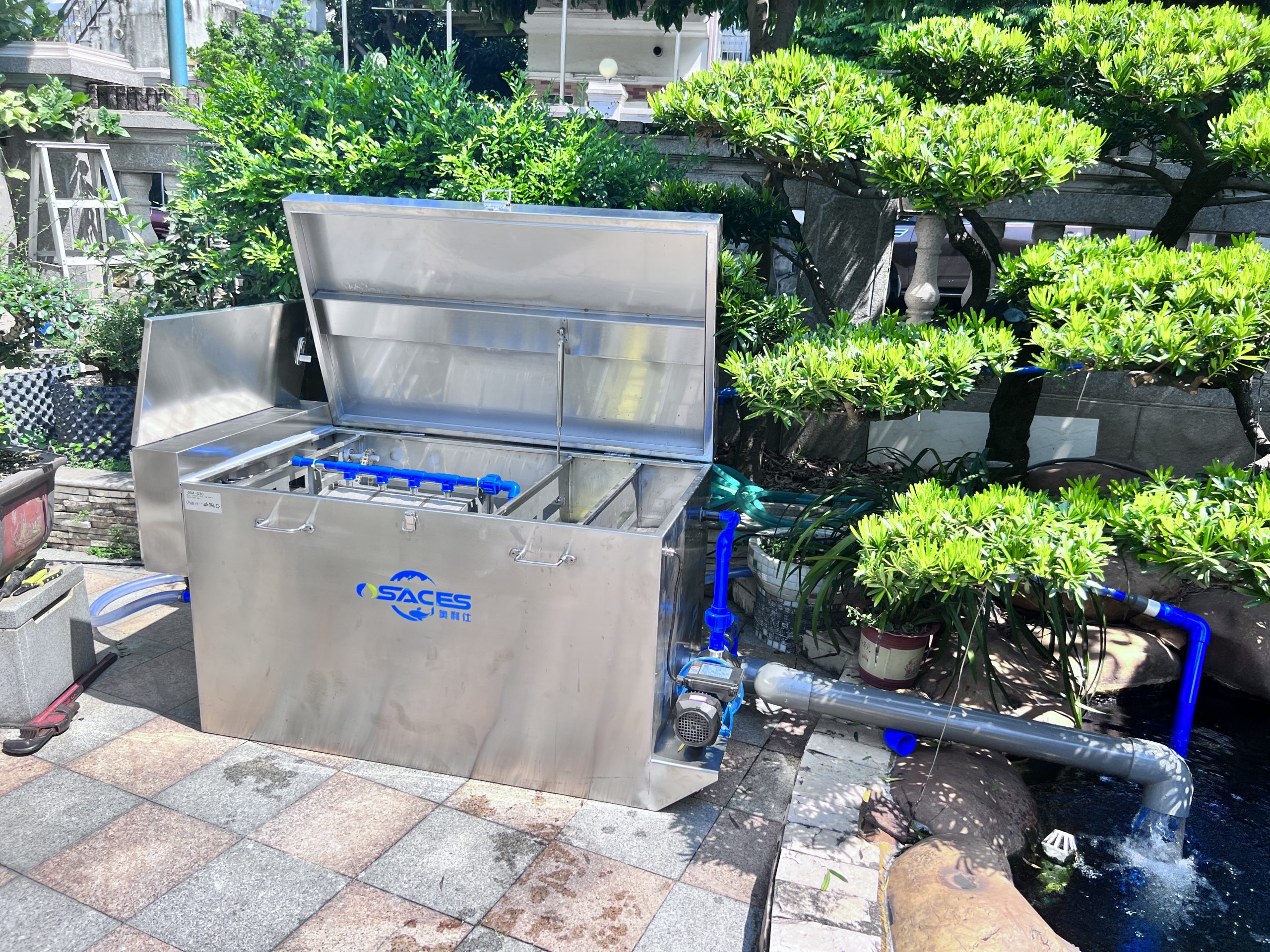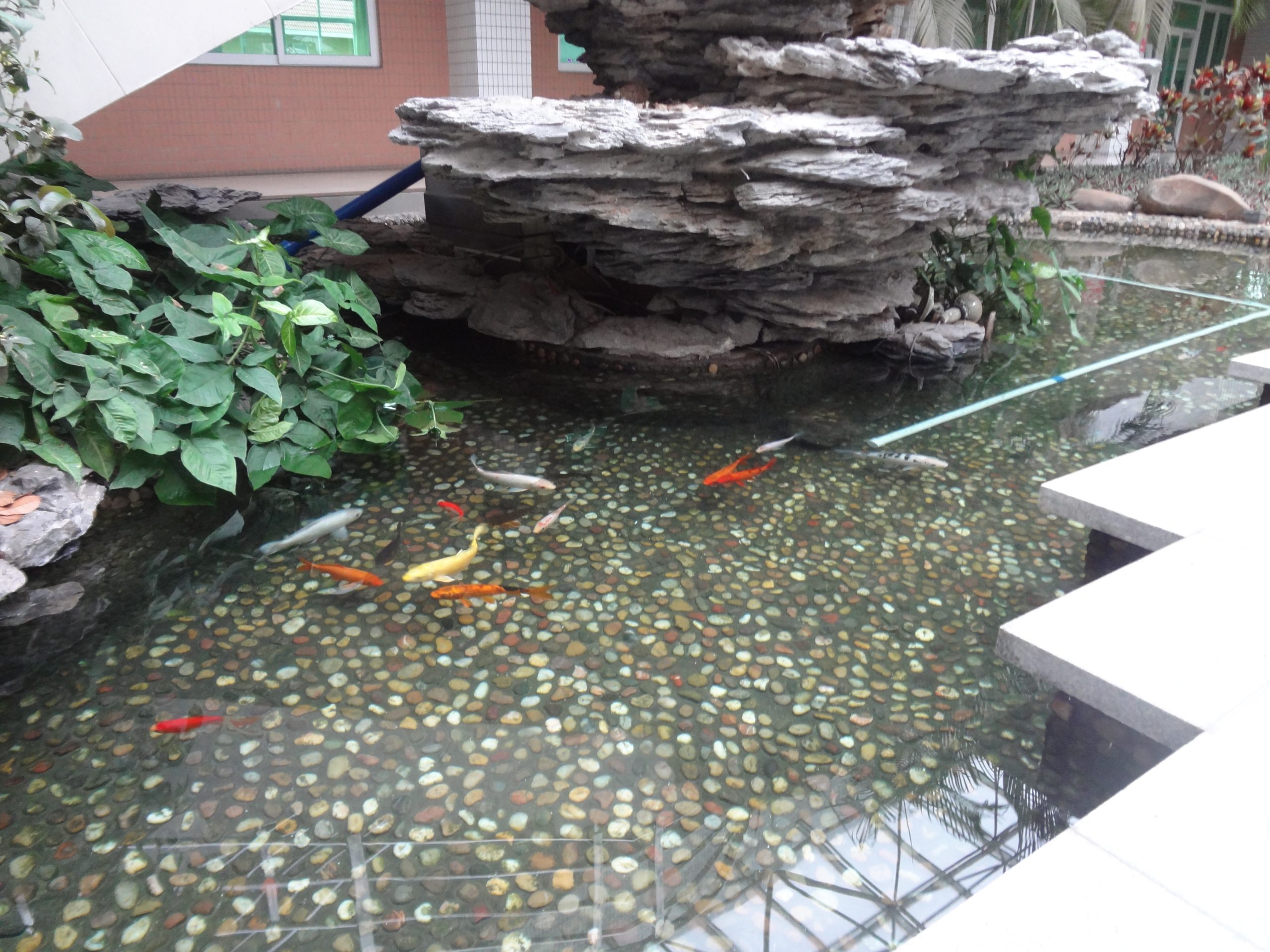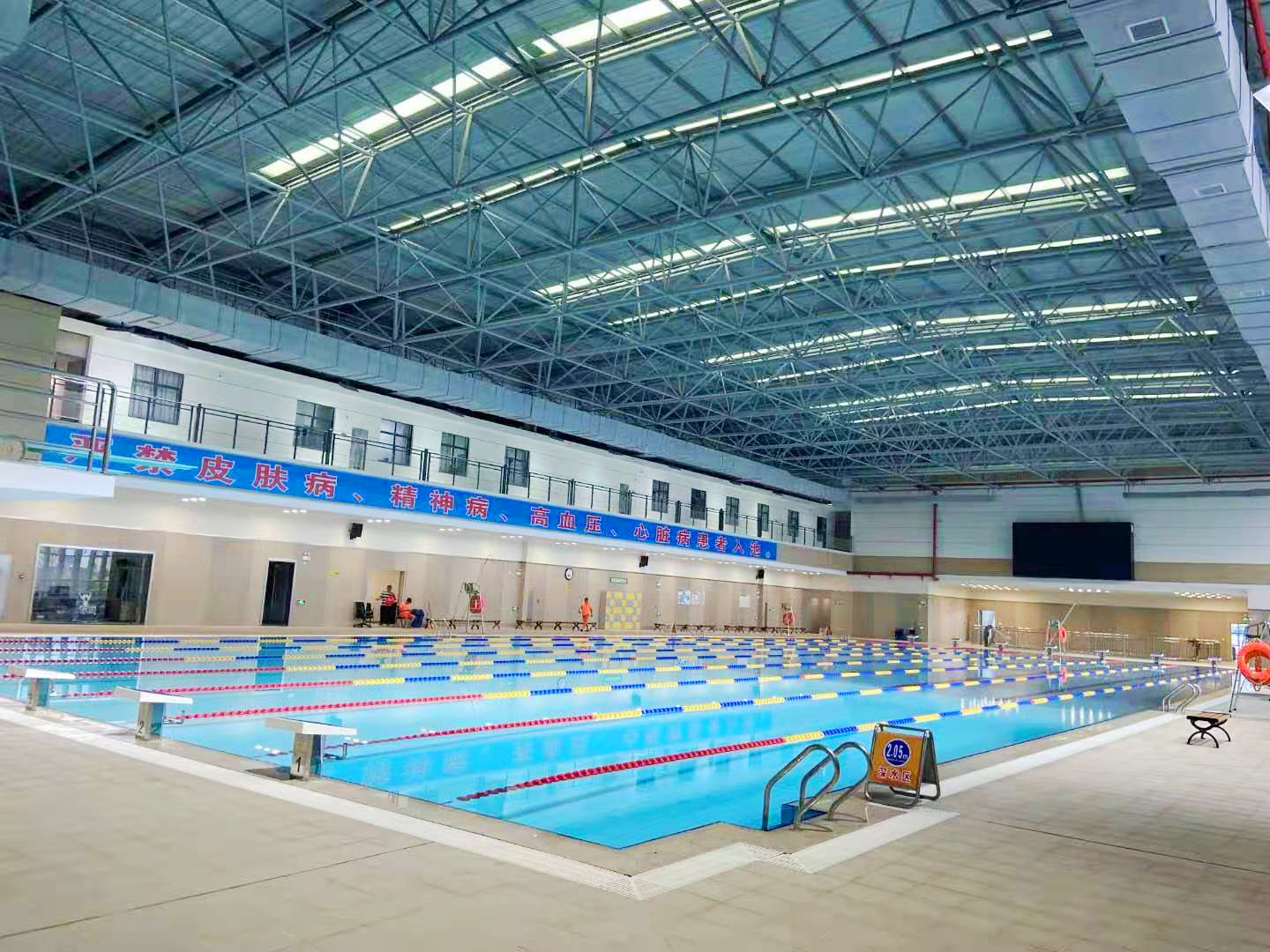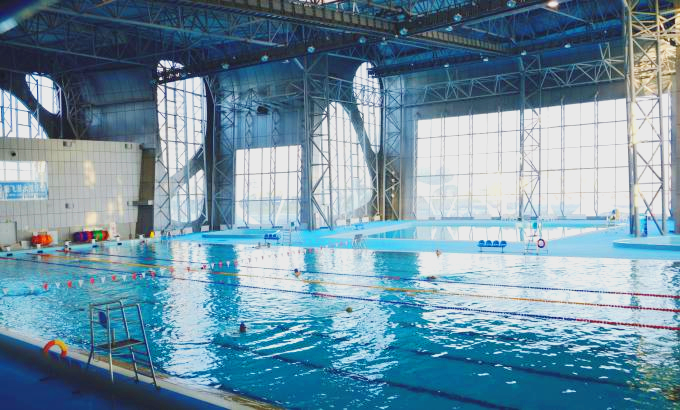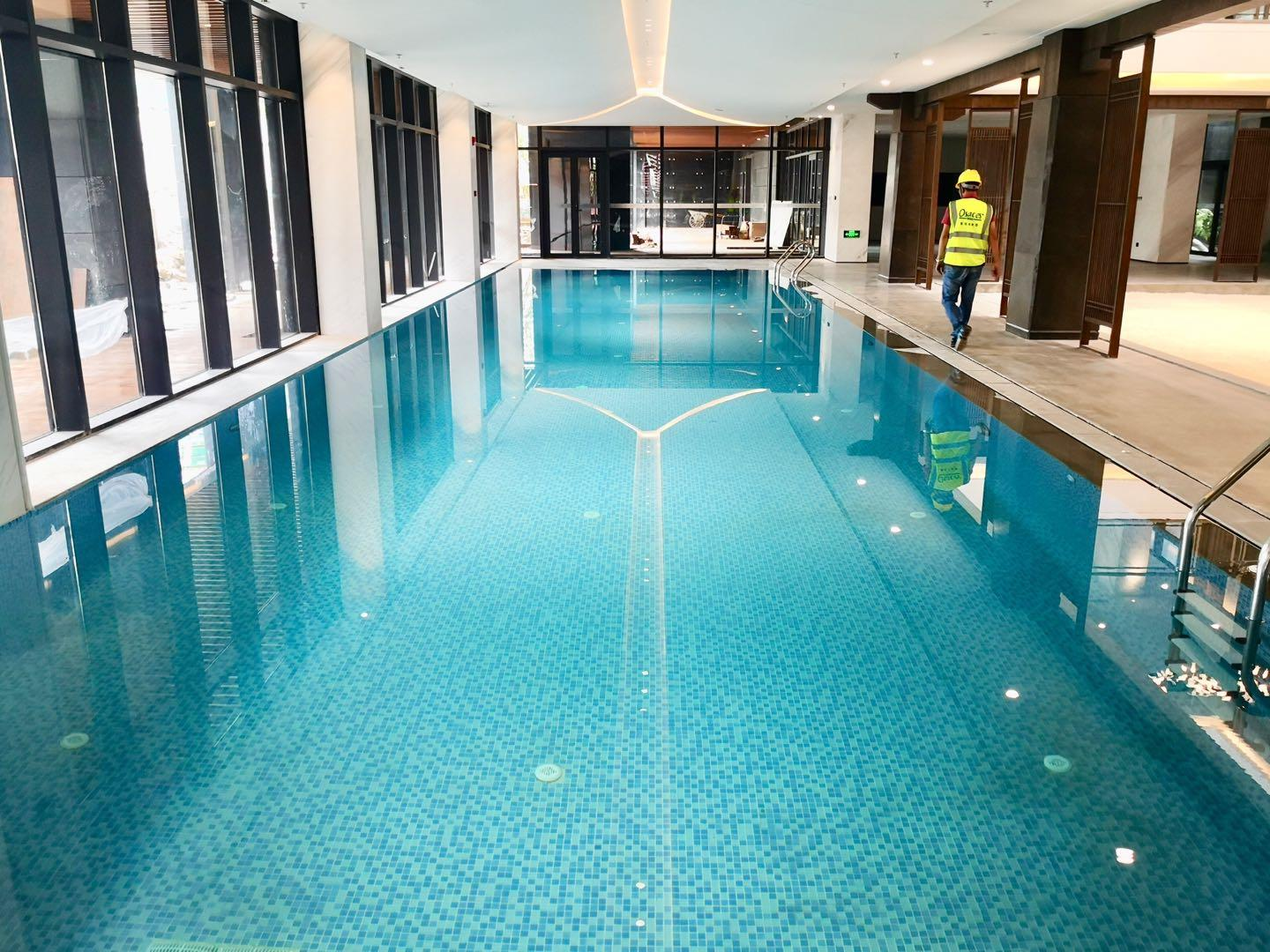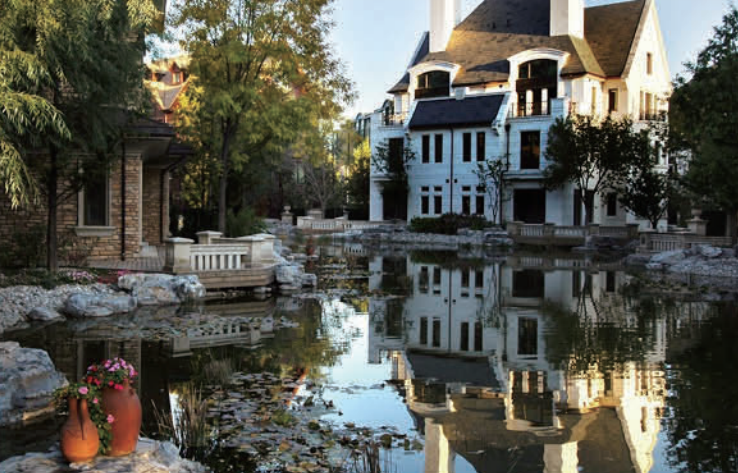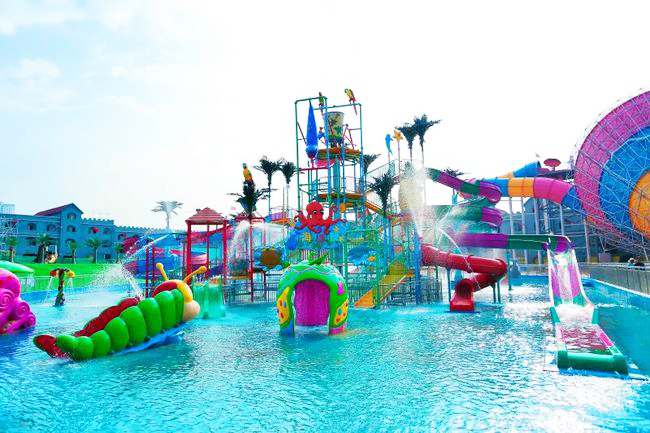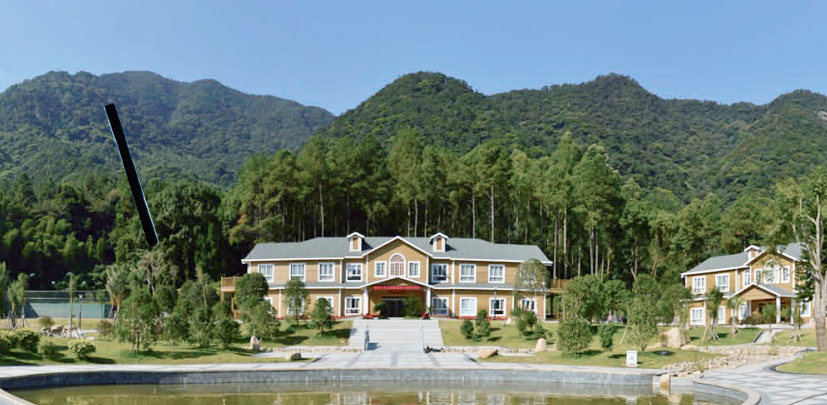common problems
contact details
 Ollies (Guangzhou) Recreation and Sports Equipment Co.
Ollies (Guangzhou) Recreation and Sports Equipment Co.Tel: (020) 82686289
Fax: 020-82694853
Headquarter: No.31-37, Xincun 2 Road, Shangjiang North Street, Dongzhou Village, Xintang Town, Zengcheng City, Guangzhou, Guangdong, China
Green algae in a koi pond, to be or not to be? (above)
Since childhood, we have been taught to protect the forests and care for flowers and plants because the big forests are the lungs of the earth, and the trees can provide a lot of oxygen for the survival of human beings, but is it really the flowers, plants and trees that feed the creatures on earth?
The Earth's atmosphere was devoid of oxygen at the beginning of its formation, and the primitive atmosphere was reductive and full of gases such as methane and ammonia.
It is estimated that approximately 70-80% of the oxygen in the air is produced by marine plants. Since many marine plants are theoreticallyare all algae, thus making seaweed the single plant species that supplies us with the most oxygen to breathe.
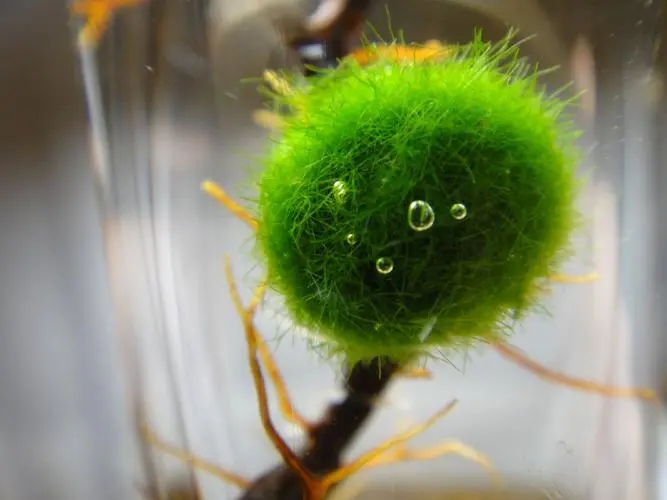
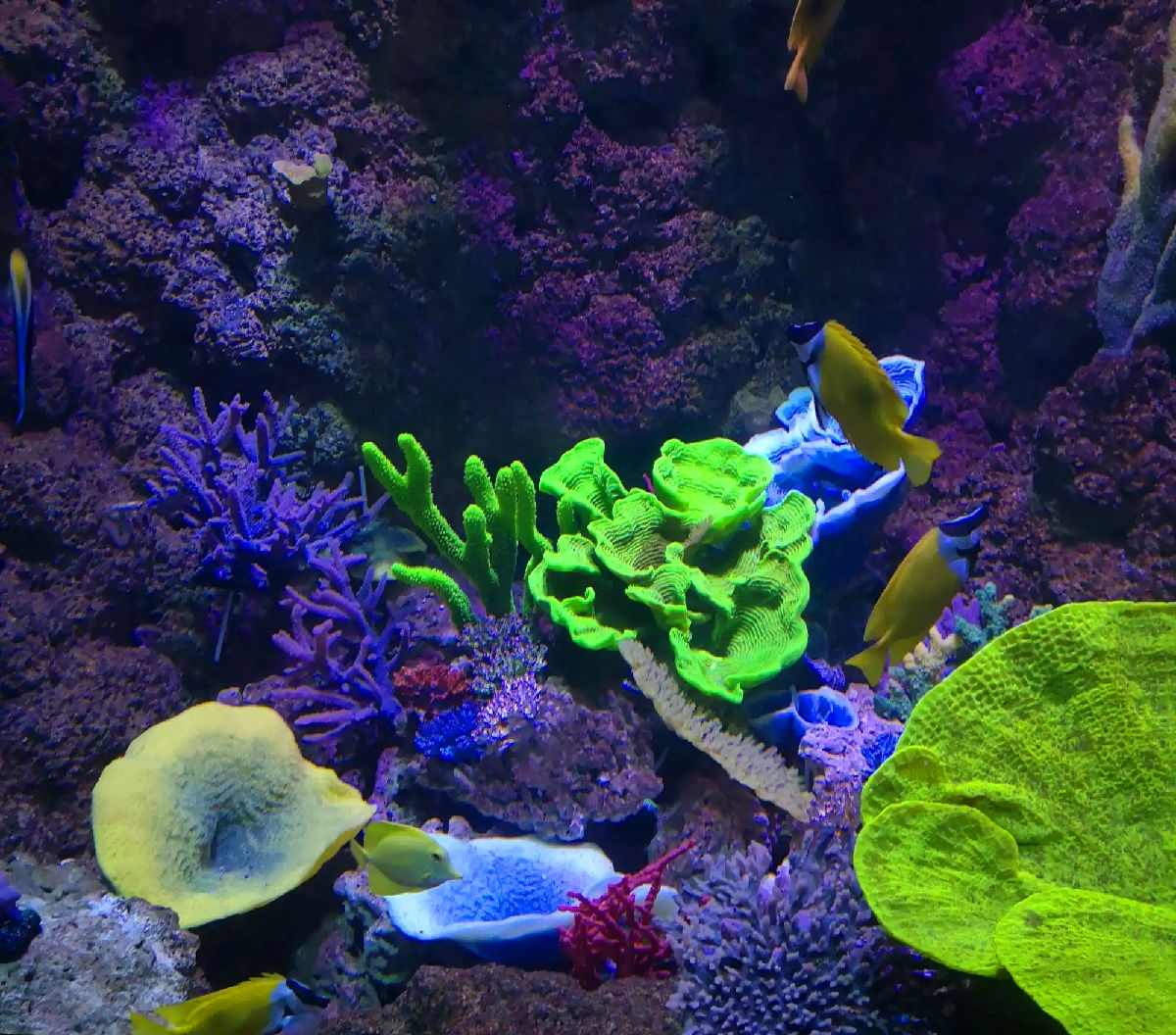
Look at water containing green algae through a microscope and you'll see countless green phytoplankton, also known as chlorella. These green naturals are organs called chlorophyll, where the phytoplankton use sunlight to photosynthesize.
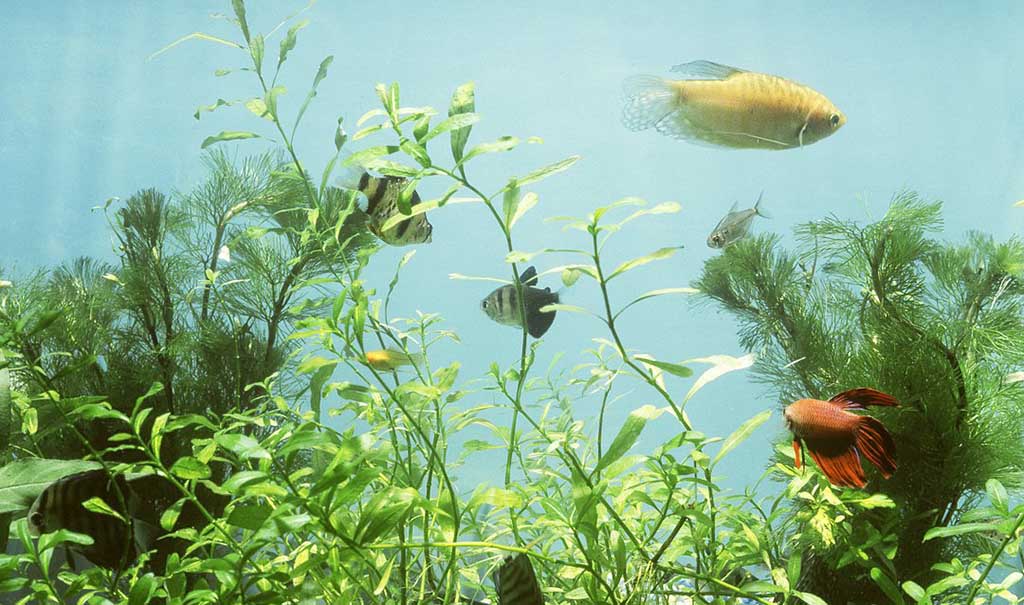
Why does it grow in a fish pond?chlorellaAnd?
If green algae plankton increase
When there are about 100 green algae plankton per milliliter of water in a fish pond, the water appears to be clear; however, if there are more than 10,000 green algae per milliliter of water, the water turns green.
How does growing green algae in a fish pond affect water quality?
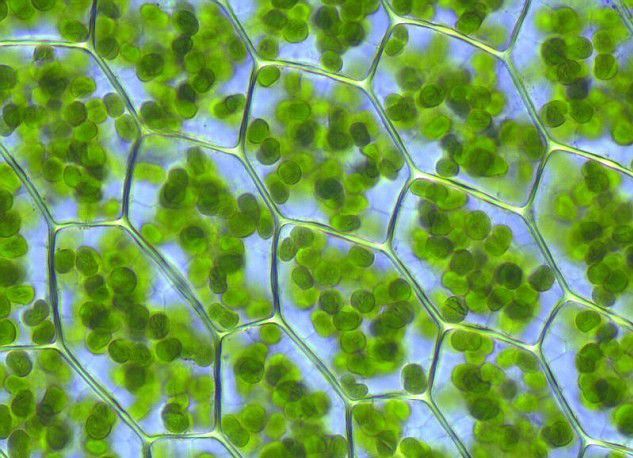
However, plants also respire while photosynthesizing, which means that the oxygen released by respiratory photosynthesis is also consumed.
-
On sunny days, the concentration of dissolved oxygen in the water rises as the phytoplankton produce more oxygen through photosynthesis than they consume through respiration. -
When the sun goes down, there is a 360° shift in what happens during the night.
Phytoplankton cannot photosynthesize at night and thus cannot produce oxygen, which is consumed by respiration. As a result, the amount of dissolved oxygen in the water drops sharply. At dawn, the amount of dissolved oxygen in the water reaches a minimum.
That is to say, the pool with green algae, every night koi are in a state of hypoxia, from a deeper level of hypoxia will make nitrifying bacteria reproduction is limited, even if there is a strong filtration system, biochemical filtration effect will be greatly reduced.
Related content
- 从“勤换水”到“稳生态”:鱼池过滤观念的理性回归
- 全自动鱼池过滤器和普通鱼池过滤器的区别
- 养鲤干货:冬天一到,高手都在做这 3 件事!
- Fish Pond Filter Material Replacement Considerations
- 从零养鱼全攻略:用心经营一方水的生命力
- 生态环境部召开部常务会议
- The appearance of mucus on koi needs to be taken seriously
- 有院子的家,藏着惬意幸福的生活
